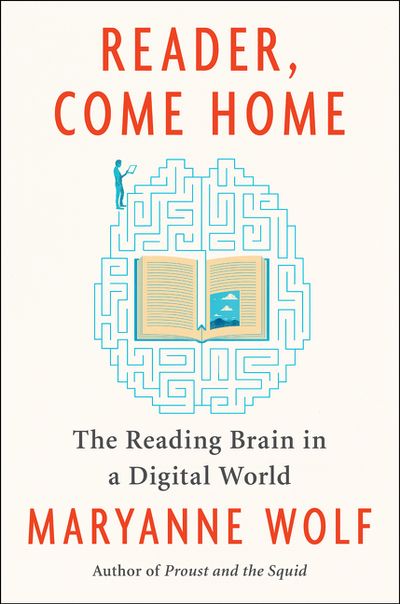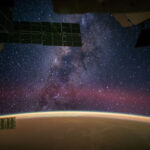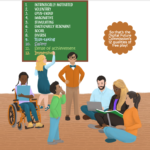
Deep reading is always about connection: connecting what we know to what we read, what we read to what we feel, what we feel to what we think, and how we think to how we live out our lives in a connected world.
~Maryanne Wolf
I wrapped up a 12-day deep reading experiment reading Maryanne Wolf’s book, Reader, Come Home, with a small crew of fellow experimenters. I’m still reading the book, but I know I’ll finish now—I didn’t have a lot of confidence in that when I started the book.
If you have children in your life, read the book. If reading a book right now is out of the question due to the demands of your life, get the Audible version and listen to this book. Give Maryanne your ear. Dedicate some committed headspace to what she has to say. This is one of those books that you can’t get by just reading a summary (or a few blog posts ;D). It’s not easy to read. Stick it out. Just work through one letter at at time (Maryanne Wolf wrote the book as a series of letters to her readers). Read (or listen) in the betweens—standing in line, doing the dishes (one advantage of audio books), waiting at the optometrist, etc. Just read it. It will help you clarify your own thinking about where the printed book fits in a mostly digital world. Living with young children? Even more essential reading!
What I am reading next: When I finish Reader, Come Home, I will be diving into Maryanne’s previous book Proust and the Squid—the Story and Science of the Reading Brain. She refers readers to this prior book for a more in-depth look at dyslexia in Chapters 7 and 8, and at early reading and developmental readiness in Chapters 4 and 5.
Looking for just the right book in this season of the gift? I have no doubt you’ll find one at Enchanted Lion, the publisher of Maria Popova’s new book, A Velocity of Being—Illustrated Letters to Children about Why We Read by 121 of the Most Inspiring Humans in Our World. Here is an excerpt from the Enchanted Lion Mission Statement:
As we all know, books help children to cross all kinds of boundaries and borders long before they begin to grasp the world through actual travel and experience. We thus take as our task that of connecting young readers to the wonderfully diverse modes of expression that exist in the world, so that in the end they will feel that the whole world—with all of its wonderful, surprising and very real similarities and differences—is their home.

I saw two of the Gutenberg Bibles on a visit to the Gutenberg Museum in Mainz, Germany where they were printed circa 1455 and set the print revolution in motion.
Meanwhile, at the bleeding edge of the digital revolution…
The Slippery Slope: Taylor Swift used facial recognition software on concert goers without their knowledge or permission to detect stalkers at an LA concert. If you’re looking for a topic for your conversations about technology with teens over dinner, this is a good one. Hint: read the Guardian article together. Explore the topic from different angles…Taylor’s perspective, her audience’s perspective, the software companies’ perspectives, a Chinese citizen’s perspective, peaceful protesters in south Wales and London, your own perspective. The main objective is to consider this technology which is becoming pervasive without people giving it much thought and begin to form your own point of view.


